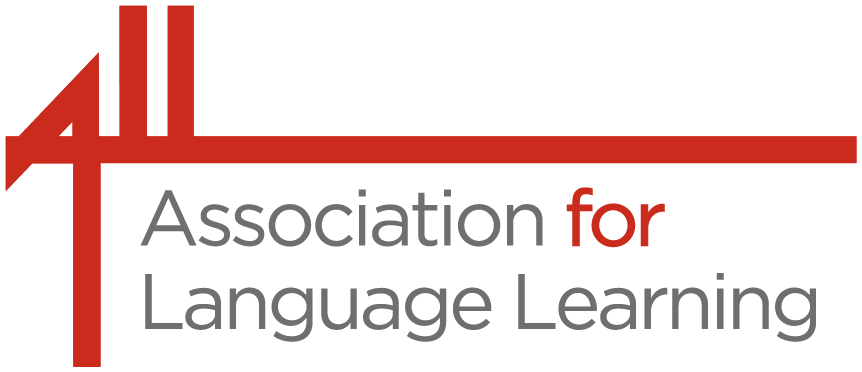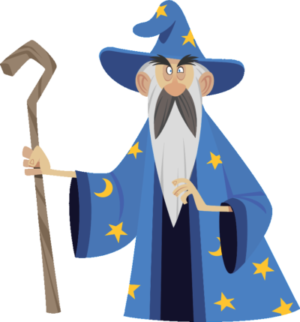ALL was part of the multi-partner project “THE LANGUAGE MAGICIAN”, which has developed a new computer game for the assessment of language skills at primary school level.
About the project:
ALL was a partner in this Award winning project part-funded by Erasmus+ and now available online free to use for schools.
International partners (Germany, Spain, UK, Italy) worked together to design and produce an innovative tool to assess the progression in language learning of learners in primary schools in the form of a GAME.
THE LANGUAGE MAGICIAN online game is non-threatening and motivational (as reported by the academic researchers on the project), which allows teachers to track the progression of individual students without putting the students in a test situation.
The storyline of the project was created with the input of the project partners and in collaboration with the Austrian-based award winning software company OVOS: the students assume the role of a young magician, who has to free magical animals that have been locked up in a tower by an evil magician. By solving different language challenges and climbing from floor to floor of the tower the young magician frees the animals and finally battles the evil magician to take control of his hat!
The teacher selects a language combination suitable for the class – narrative language and challenge language (e.g. narrative in English, challenges in French) and the class joins in the game on their individual devices. Timing is critical to drive engagement as the game lasts less than a single lesson time, after which learners receive a certificate if their achievements, which they try to beat next time they play! By playing the game at the start of a school year, and then again at the end if he year, teachers gather valuable evidence of progression – the teacher datasheet shows individual leaeners’ achievements in the different skill areas.
The lexical items in the challenges are based on topics common across the countries of the partner team, while the skill challenges change from floor to floor – starting from listening and ending with writing.
The game builds on the students’ awareness of IT and gaming contexts and offers a model for language learning in the near future, as Karl Pfeiffer, previously at the Goethe-Institut London (and lead partner in the project) explains: “Young learners are often fully IT literate before they learn other languages. They use computers to play and interact socially. Therefore, the combination of a computer game and language learning seems to be a natural choice.”
Jesús Hernández González, previously Education Advisor for Spanish, Education Office of the Spanish Embassy, emphasises the cooperative approach of the project: “It’s a question of collaboration. If we work together for a specific purpose, we will get better results. Although we come from different backgrounds, sharing ideas and suggestions will lead to a better product. Most countries have a common core of assessment criteria, which in most cases are based on the CEFR, and developing this game will allow all participants to implement a unique language assessment tool.”
The game is now available online here where you can also find articles by the partners, supporting documentation and additional shared resources.
THE LANGUAGE MAGICIAN has been awarded the Erasmus+ Quality Seal and the Erasmus+ Innovation Project of the Year.
Read Steven Fawkes article ‘Could it be magic – how THE LANGUAGE MAGICIAN could support the teaching of Languages in the UK’s primary sector’.
There is also some information on THE LANGUAGE MAGICIAN for secondary.

